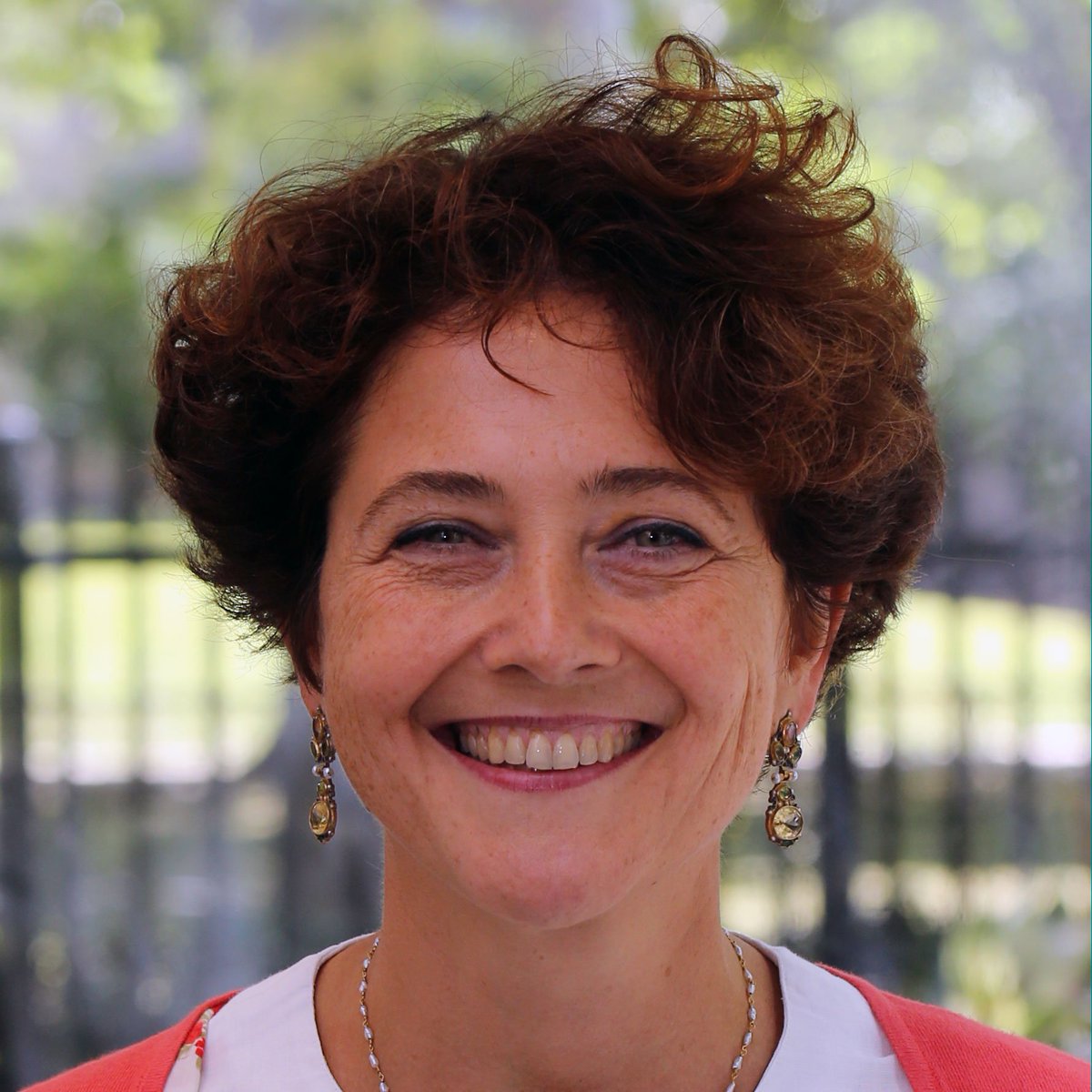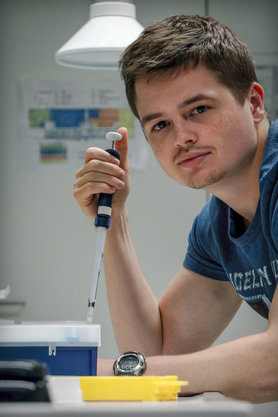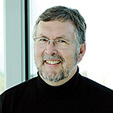- The „GSCN 2020 Young Investigator Award“ goes to Prof. Dr. Barbara Treutlein of the Max Planck Institute of Evolutionary Anthropolgy, Leipzig, and the Department of Biosystems Science and Engineering at the ETH Zurich, Switzerland.
- The „GSCN 2020 Female Scientist Award“ goes to Prof. Dr. Edith Heard, Director General of the European Molecular Biology Laboratory (EMBL) in Heidelberg.
- The „GSCN 2020 Publication of the Year Award“ goes to Sergiy Velychko and Prof. Dr. Hans R. Schöler of the Max Planck Institute for Molecular Biomedicine in Munster for the publication “Excluding Oct4 from Yamanaka cocktail unleashes the developmental potential of iPSCs”, 2019, published in the Journal Cell Stem Cell, 2019 (Sergiy Velychko, et al., 2019, Cell Stem Cell, Vol. 25, Issue 6, Dec. 2019, 737-753.e4, doi:10.1016/j.stem.2019.10.002).
Find the GSCN press release here:  Development of stem cells in the laboratory
Development of stem cells in the laboratory
|
"GSCN 2020 Young Investigator Award"
Prof. Dr. Barbara Treutlein will receive the "GSCN 2020 Young Investigator Award" for her outstanding research in the field of single cell analysis and research into the development of human organs, such as the brain. Barbara Treutlein acquired her PhD in single-molecule biophysics at LMU Munich, Germany. During her Postdoc with Stephen Quake at Stanford University, she pioneered the use of microfluidic-based single-cell transcriptomics to dissect the cellular composition of complex tissues, and to elucidate differentiation pathways during lung development and cell reprogramming. Since 2015 she has been a Research Group Leader at the Max Planck Institute for Evolutionary Anthropology in Leipzig and held a tenure-track assistant professorship at TU Munich. Since 2019, she is Professor for Quantitative Developmental Biology at the ETH Zürich D-BSSE, Switzerland. Her group uses and develops single-cell genomics approaches in combination with stem cell based 2- and 3-dimensional culture systems to study human organogenesis. For her work, Barbara Treutlein has received multiple awards, including the Friedmund Neumann Prize of the Schering Foundation and the Dr. Susan Lim Award for Outstanding Young Investigator of the International Society of Stem Cell Research.
|
Barbara Treutlein
|
|
"GSCN 2029 Female Scientist Award"
Prof. Dr. Edith Heard will receive the "GSCN 2020 Female Scientist Award" for her outstanding achievements in epigenetic and developmental biology research on X-chromosome inactivation in females. Her professional career as a researcher shows a successful path that could be considered a model and motivation for many women scientists: The London-born molecular biologist studied at Imperial College in London where she received her PhD in 1990 in the field of cancer research. She then spent nine years at the Institute Pasteur in Paris, first as a postdoc and then as a permanent researcher, before taking a one-year sabbatical at Cold Spring Harbor in the USA. In 2001, she established her own group at the Institute Curie and became director of the Institute's Genetics and Developmental Biology Department in 2010. Edith Heard was appointed professor at the Collège de France in 2012 where she holds the chair of epigenetics and cellular memory. In January 2019, she started work as Director General of the European Molecular Biology Laboratory (EMBL) in Heidelberg. The Heard group at EMBL combines genetic engineering and genomics with a range of cell biology and imaging approaches to investigate the role of chromatin modifications, chromosomal organisation and non-coding RNAs in the process of X chromosome inactivation.
|

Edith Heard |
|
"GSCN 2020 Publication of the Year"
Sergiy Velychko and Prof. Dr. Hans R. Schöler will receive the "GSCN 2020 Publication of the Year Award" for their discovery of the unnecessary, if not obstructive, role of Oct4 in stem cell reprogramming. When Nobel Prize winner Shinya Yamanaka discovered stem cell reprogramming, he used the four transcription factors Oct4, Sox2, Klf4 and c-Myc to reprogram adult cells back into a state of pluripotent stem cells, similar to embryonic stem cells. Since then, these four factors have been used to generate induced pluripotent stem cells (iPS cells). Velychkov and Schöler have now shown that reprogramming without Oct4 enables the generation of mouse iPS cells with improved development potential and superior quality.
Publication: Sergiy Velychko, Kenjiro Adachi, Kee-Pyo Kim, Yanlin Hou, Caitlin M. MacCarthy, Guangming Wu, Hans R. Schöler (2019) „Excluding Oct4 from Yamanaka cocktail unleashes the developmental potential of iPSCs”, 2019, Cell Stem Cell, Cell Stem Cell, Vol. 25, Issue 6, Dec. 2019, 737-753.e4, DOI:10.1016/j.stem.2019.10.002
|

Sergiy Velychko

Hans R. Schöler |